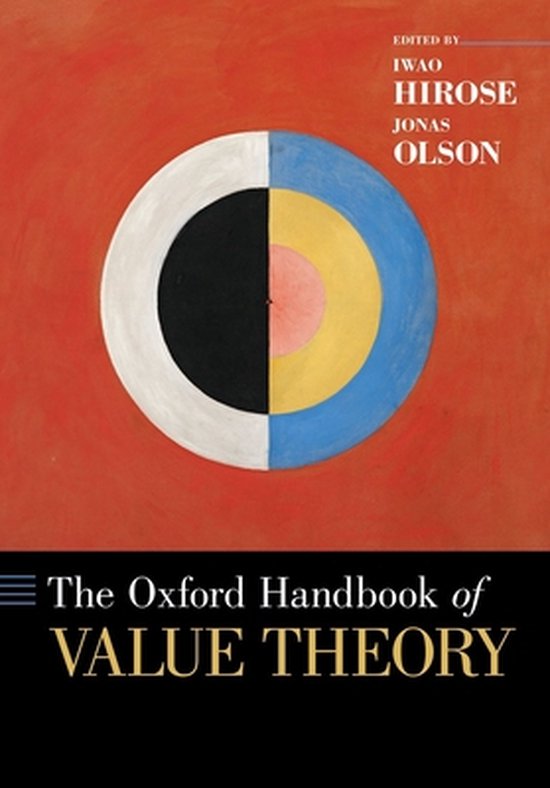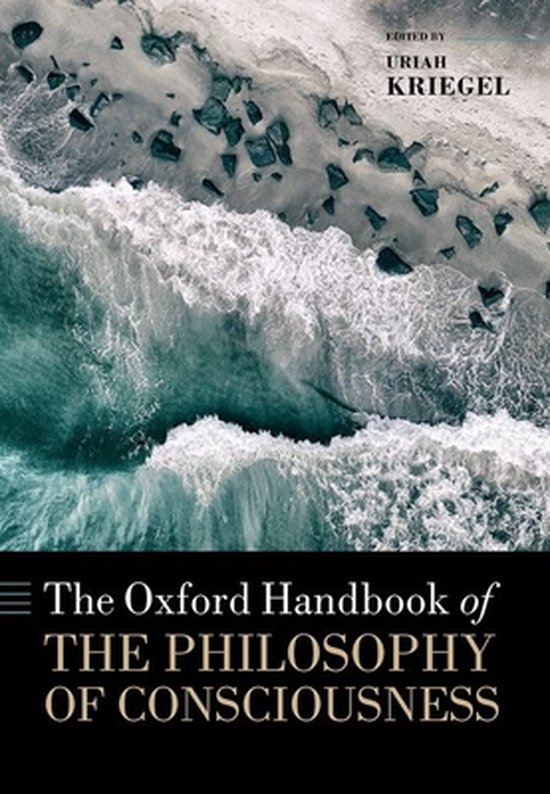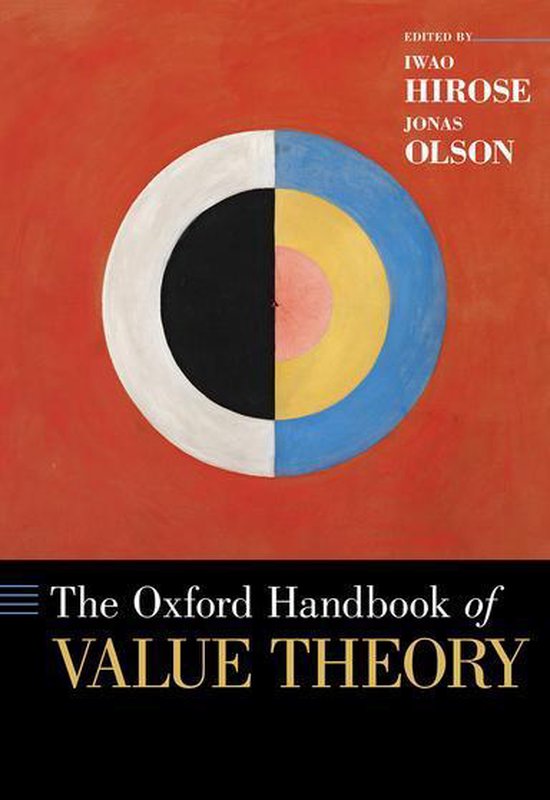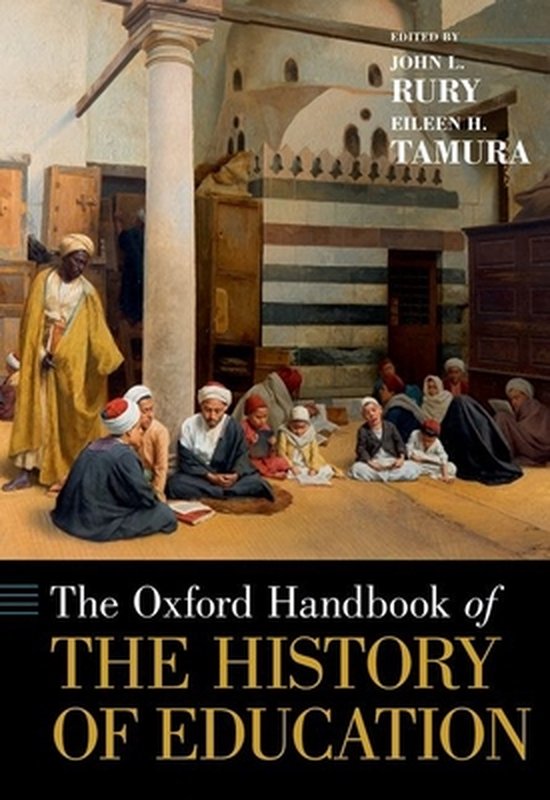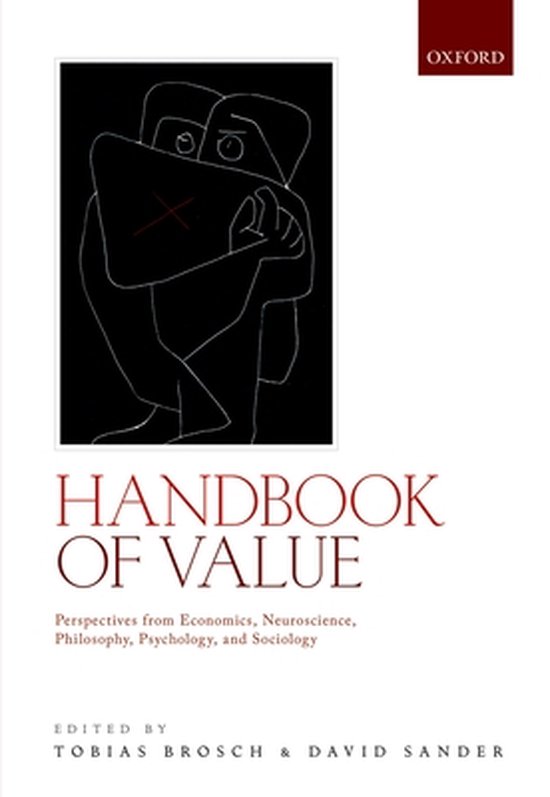
Handbook of Value
This Handbook combines the forces of the many disciplines involved in value research and covers issues such as definitions of value and the role of value in emotion. The book contributes to an interdisciplinary dialogue by providing a common reference point to serve as a resource for disciplinary excellence and interdisciplinary cross-fertilization
What is value? Where does it come from? How does it impact our emotions, motivations, decisions and experiences? Value is involved in practically every aspect of human life: whether we decide whom to marry or which political candidate to elect, whether we choose between consumer goods, whether we ask ourselves what is morally right, or beautiful, or sacred, value plays a crucial role. Today the investigation of value is central to many disciplines interested in human thinking, feeling, and behavior, such as economics, neuroscience, philosophy, psychology, or sociology. Interestingly, while these disciplines all investigate value, they use different definitions and focus on different aspects of the phenomenon. The Handbook of Value combines the forces of the many disciplines involved in value research, by integrating the perspectives of distinguished scholars from the different disciplines. To allow for a high degree of interdisciplinarity, the editors assembled a panel of eminent associate editors representing the different disciplines: Professor Ernst Fehr (economics), Professor Patrik Vuilleumier (neuroscience), Professor Julien Deonna (philosophy) and Professor Fabrice Clement (sociology). Contributions cover conceptual issues such as definitions of value, psychological and neurological mechanisms underlying value computation and representation, types and taxonomies of value, interindividual and intercultural value differences, the role of value in emotion, moral judgment, decision-making and behavior, as well as "case studies " of individual varieties of value. The volume contributes to an interdisciplinary dialogue and integration by providing a common reference point that will serve as a resource for disciplinary excellence and interdisciplinary cross-fertilization. At the same time, the volume provides an excellent overview of the academic state of the art for more practically oriented readers, for example from a business background, who want to understand the determinants of value.
What is value? Where does it come from? How does it impact our emotions, motivations, decisions and experiences? Value is involved in practically every aspect of human life: whether we decide whom to marry or which political candidate to elect, whether we choose between consumer goods, whether we ask ourselves what is morally right, or beautiful, or sacred, value plays a crucial role. Today the investigation of value is central to many disciplines interested in human thinking, feeling, and behavior, such as economics, neuroscience, philosophy, psychology, or sociology. Interestingly, while these disciplines all investigate value, they use different definitions and focus on different aspects of the phenomenon. The Handbook of Value combines the forces of the many disciplines involved in value research, by integrating the perspectives of distinguished scholars from the different disciplines. To allow for a high degree of interdisciplinarity, the editors assembled a panel of eminent associate editors representing the different disciplines: Professor Ernst Fehr (economics), Professor Patrik Vuilleumier (neuroscience), Professor Julien Deonna (philosophy) and Professor Fabrice Clement (sociology). Contributions cover conceptual issues such as definitions of value, psychological and neurological mechanisms underlying value computation and representation, types and taxonomies of value, interindividual and intercultural value differences, the role of value in emotion, moral judgment, decision-making and behavior, as well as "case studies " of individual varieties of value. The volume contributes to an interdisciplinary dialogue and integration by providing a common reference point that will serve as a resource for disciplinary excellence and interdisciplinary cross-fertilization. At the same time, the volume provides an excellent overview of the academic state of the art for more practically oriented readers, for example from a business background, who want to understand the determinants of value.
| Auteur | | Brosch |
| Taal | | Engels |
| Type | | Hardcover |
| Categorie | | Persoonlijke ontwikkeling & Mindfulness |
